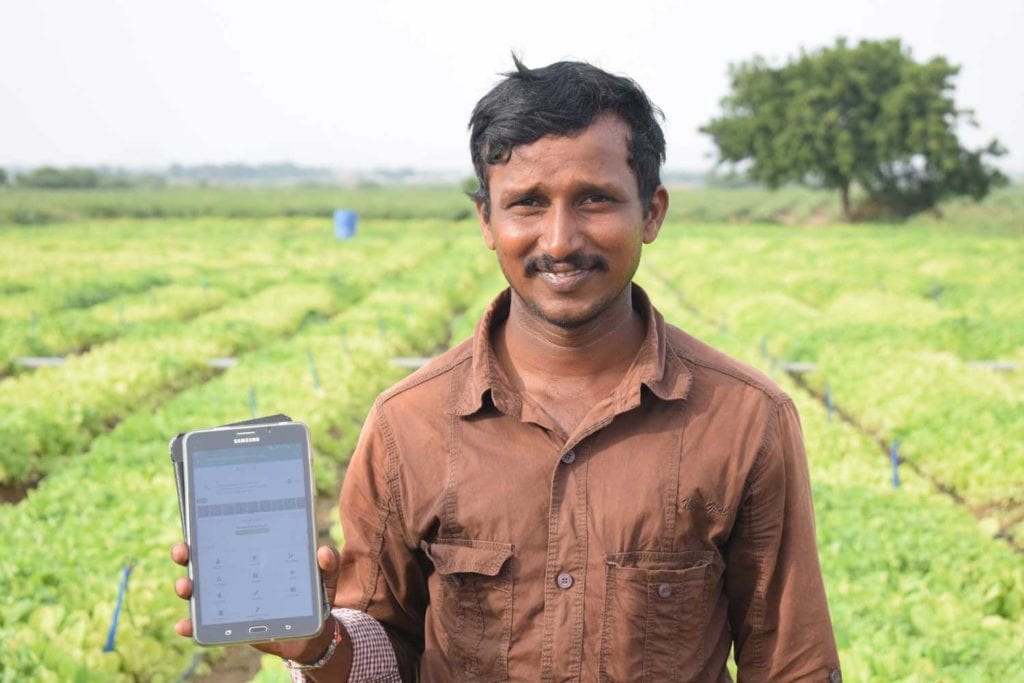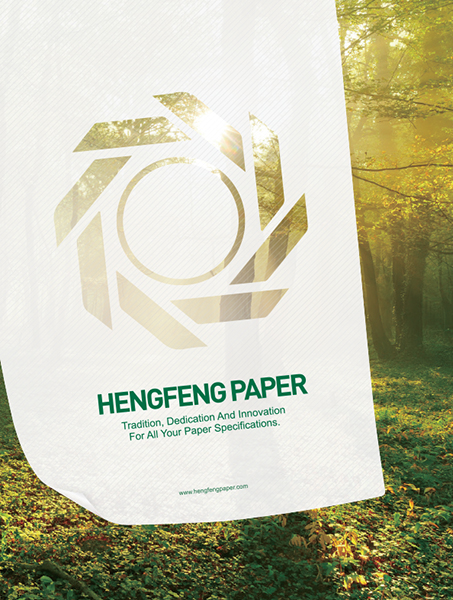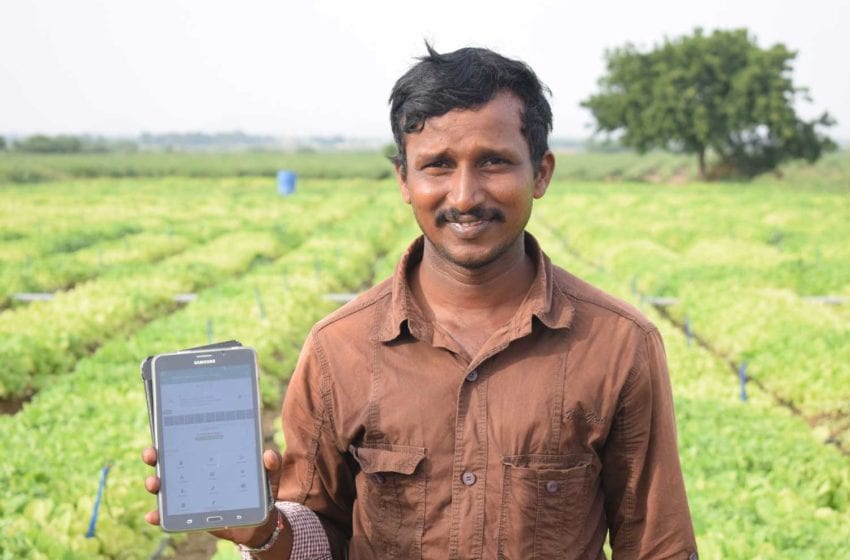
Using sophisticated data technology, CropIn is helping leaf tobacco producers streamline their operations.
By Stefanie Rossel
Digital technologies are increasingly used in agriculture. “Smart farming” can enhance operational efficiencies, reduce environmental damage and improve livestock husbandry conditions.
In the tobacco sector, data-driven farming is a relatively new development. Based in Bangalore and Amsterdam, the startup CropIn deployed information technology to help a leading Indian tobacco company significantly improve its tobacco-growing operations.
With an estimated annual production of around 800 million kg, India is the world’s second-largest tobacco producer behind China. The tobacco industry in India is one of the major revenue generators of the agriculture sector. “With tobacco being one of the biggest cash crops in the world, production is highly regulated by the government in order to ensure maximum output and best quality,” explains Kunal Prasad, co-founder and chief operating officer of CropIn.
“This means that every aspect of production is being monitored, including plot size, yield, package of practices and more. Hence, farmers cannot sell directly to companies and have to be organized into farmer producer organizations or become part of an agribusiness supply chain. In addition to this, farmers have to deposit the produce in specially designated buying stations. All in all, there are some unique operational needs that are specific to the tobacco industry.”
For its tobacco client, he continues, the main objective of the project was to streamline the hitherto unorganized operations into a smoothly functioning unit. This would help cut down on discrepancies in terms of predicted yield, traceable harvest and other quality issues. Achieving this required the adoption of a robust farm and agronomy management system that could monitor field agents and track whether fair labor practices were being followed. The system would also need to provide accurate fields and yield data.
Before CropIn’s solution was installed, the client used conventional—almost primitive—techniques to cultivate and manage tobacco farms, according to Prasad. “Understanding total area coverage was another challenge for the management,” he says. “The client dealt with mostly smallholder farmers. These farmers used to round off acres of land that were under harvest. Adding all estimations would lead to a high discrepancy, which in turn adversely affected the output/yield prediction. Reporting was done using the pen and paper method, which was prone to human error.
“Traceability at the end-to-end operations was missing, and many discrepancies were observed hence. Tracking operational tasks and harvest was proving to be difficult for the client since farmers take crops from multiple nurseries, and using paper to document all such important details would not work well as a scalable solution. There was no visibility regarding the risk of pest or disease infestations. It was also difficult to ensure that there was a consistency in the quality of tobacco produced every season. The stakeholders were facing issues recording and documenting corporate social responsibility activities.”

Customized solution
With its SmartFarm farm-management solution, CropIn introduced cutting-edge technology in the Indian tobacco fields. The technology includes data storage, machine learning, satellite monitoring and weather analysis. The company provides mobile data capture and assimilation and customized and near real-time data reporting. SmartFarm can configure data from agricultural labor practices (ALP) and good agricultural practices (GAP) in forms and takes appropriate signatures when needed. Data can be approved by senior management; real-time SMS are used for alerts.
“The tobacco farmers know that to sell produce in the market, the produce needs to pass various kinds of tests,” Prasad says. “They have become aware only the best quality tobacco needs to be grown for fetching good prices and a good name in the market. Through the training and events module, they are trained on best practices for growing tobacco and maintaining them. Also, the GAP and ALP practices are followed by the farmers strictly so that when an audit happens, they pass in the same. The innovation [that] CropIn has designed has reduced a lot of paperwork and increased the efficiency of the farmers.”
The project helped CropIn gain a better understanding of tobacco crops and what it takes to implement smart solutions in that segment. Until then, the company had been supplying its solutions to other agricultural sectors, including nursery growing, organic cotton and food.
Tobacco is a complex plant to cultivate, not least because cultivation involves the growing of seedlings in nurseries for sixty days. “As we understood the nursery and main field breakup of the crop, we divided the whole operation into two parts,” explains Prasad. “First, nursery and secondly, the main field. The nursery planning and seed sowing starts almost 90 days before the main field. The nurseries are geotagged and activities captured till the seedlings are ready for transplanting. Once they are ready, the seedlings are transplanted into the main field.
“The application takes care of the detail of the nursery and links it with the main field plots where they have been planted. This way, the traceability from nursery to main field and back is maintained. The labor that is involved is counted for every operation. The feedback can be captured in the forms and their signature [can be] taken for the fact that they are working willingly so that there is no forced labor. Even the cost incurred in the labor can be calculated to find out the cost per kg of tobacco. For weather advisories, we have weather-based notifications that can be sent to the farmers.”

Future-ready farming
The implementation of smart tobacco farming was not without challenges. For starters, the farmers and extension staff needed training. “CropIn’s team assisted the farmers, and the field agents were given training in ensuring efficient utilization of the solution provided,” says Prasad. “Access to connectivity also was a challenge, given the geographical location and development of the area. Since a lot of documentation was happening in the traditional way, the transition to using digital methods of entry was a challenge for the stakeholders.”
Now that it is installed, the solution offers a plethora of additional benefits for the customers. Importantly, SmartFarm creates a database that keeps track of farmers’ historical performance, yearly income and basic personal details. The forms are completely customizable based on requirements. Our solution provides the flexibility of setting up any type and number of crops and their varieties. It sets up configuration based on days to harvest, expected harvest per acre, allowed fertilizers and pesticides and addresses other general issues.”
SmartFarm can help farmers forecast harvest quantity and dates and provides an optimized input plan, i.e., chemical application plan. “SmartFarm makes the farmer future-ready with actionable insights, real-time alerts and acts as a knowledge repository containing collected data and data-driven analysis,” says Prasad. “It helps farmers to improve their farming skills, get an optimum price for their yield, empower them with new or improved farming practices.”
Having zero tolerance toward child labor and forced labor, CropIn has implemented a corresponding system in its solution. GAP-based and ALP-based survey forms help field technicians capture details on violations uncovered during farm inspections. The SmartFarm app enables them to find the sources of water pollution, child labor and any other audit-related information.
Prasad is proud to share his customers’ feedback. “CropIn is helping us practice sustainable tobacco production by capturing the data exactly at the location of the farmer and what the farmer is practicing in terms of signature modules, geotagging and taking pictures,” a client representative told CropIn. “This is helping us to understand better the progress at the farm. After we started working with CropIn, our apprehensions about field technicians not collecting data accurately have been diminished.’”
According to Prasad, CropIn’s solutions are designed to be dynamic. “As the tobacco industry keeps on changing with more rules and regulations, the challenges will also come in the audit and reporting,” he says. “We are making sure that we are engineering an innovation that is as close to addressing all the challenges in the work being done in tobacco farming as possible.”












